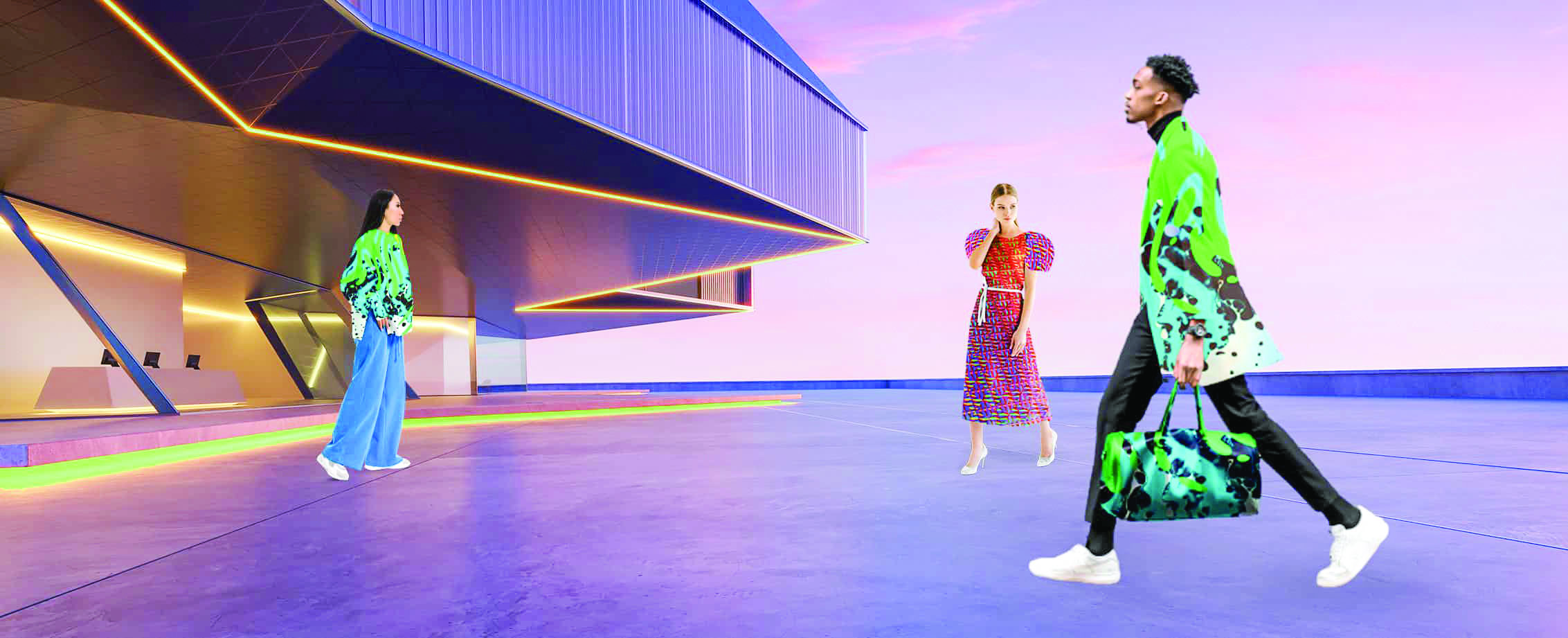Why Brands Are Embracing Digital-First Strategies for Success

The Evolution of Fashion: Embracing the Digital-First Era
The Shift from Fabric to Digital Realms
As the boundaries between the physical and digital worlds continue to dissolve, the fashion industry is experiencing a profound transformation. Brands are no longer limited to traditional materials and runway shows; they are now venturing into a vibrant, interconnected landscape shaped by advancements in artificial intelligence, augmented reality, virtual reality, and immersive customer experiences.
- The Shift from Fabric to Digital Realms
- Digital-First Brands: Redefining Consumer Expectations
- Immersive Shopping Experiences: The New Frontier
- The Importance of Social Sharing and Virtual Identity
- Strategic Implications for Brands: From Trend Forecasting to Enhanced Engagement
- Crafting the Future of Fashion: A Collaborative Digital Wardrobe
Digital-First Brands: Redefining Consumer Expectations
In an age dominated by digital interactions, shoppers are looking for more than mere transactions. They desire engaging, personalized experiences that foster community connections, all of which can be achieved within the metaverse. Fashion has evolved beyond mere clothing; it now encompasses how individuals interact with their style in virtual environments.
Innovative technologies such as virtual try-ons, digital avatars, and AI-driven suggestions enable consumers to explore fashion choices in real-time, creating digital representations that align with their personal tastes, body shapes, and lifestyles.
Immersive Shopping Experiences: The New Frontier
Brands are increasingly incorporating gamified elements into their offerings—imagine digital fashion shows, style challenges, and virtual fitting rooms designed to captivate consumers in a fun and interactive manner. This fusion of entertainment and shopping not only increases the time customers spend with brands but also deepens their emotional connections.
With the help of augmented and virtual reality, garments can be experienced in a new light, allowing users to navigate virtual stores, examine collections in three dimensions, and observe how clothing fits and moves on their digital avatars.
The Importance of Social Sharing and Virtual Identity
In the metaverse, fashion serves as a medium for self-expression and social storytelling. Consumers can curate their avatars, showcase virtual outfits on social media, and engage in digital communities where new trends emerge and evolve. This social dimension turns every fashion choice into a moment that can be shared and tracked, enhancing brand visibility and encouraging peer influence.
Strategic Implications for Brands: From Trend Forecasting to Enhanced Engagement
For fashion brands, transitioning to a digital-first approach is more than just a trend; it represents a strategic move toward understanding customer preferences, predicting trends, and fostering sustainable practices. Leveraging AI, brands can analyze consumer interactions in virtual settings to anticipate future trends, gain insights into purchasing behaviors, and tailor upcoming collections.
This shift equips fashion labels with robust analytical tools that track user preferences, interactions, and conversion rates within immersive environments, driving product innovation and supporting sustainable production practices.
Crafting the Future of Fashion: A Collaborative Digital Wardrobe
The future of fashion is set to be immersive, intelligent, and inclusive. By harnessing the capabilities of AI and digital twins, both brands and consumers can collaboratively shape the next chapter in fashion, where virtual selections hold as much significance as physical ones.
Whether you are a brand aiming for deeper customer engagement or a consumer exploring new avenues of style, the digital-first revolution in fashion is not just a trend; it is a rapidly evolving reality.
Rashmi Chopra is the Founder & CEO of DigiCloset.







